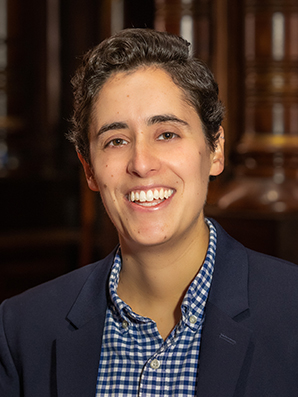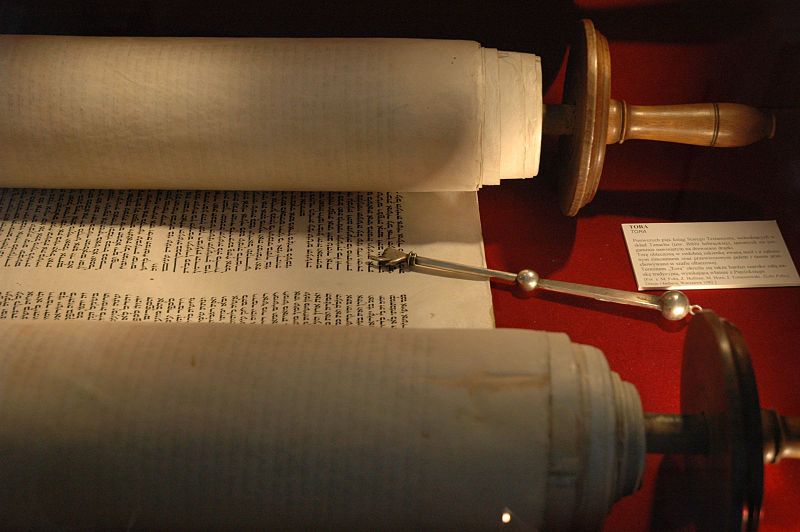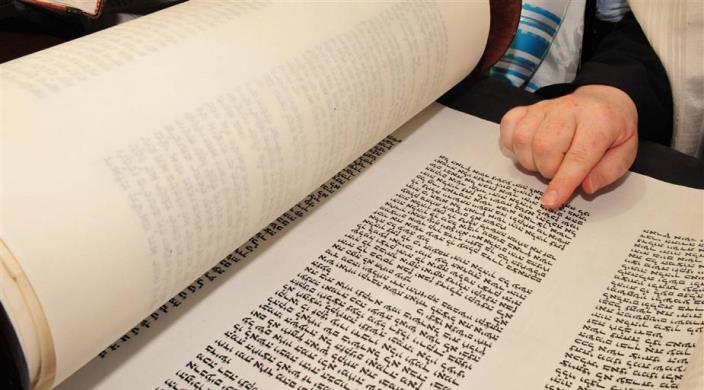Parshat P'kudei – A Blueprint for Our Vision of Liberation
The Mishkan, God's dwelling place in the wilderness, is at the center of Israel's liberative process. In Parshat P'kudei, the Israelites finished construction of the Mishkan. As the book of Exodus closes, we read, "Thus was finished all the work of the Mishkan of the Tent of Meeting; and the children of Israel did according to all that the Adonai commanded Moses, so they did." (Exodus 39:32) And again, 10 verses later: "Just as Adonai had commanded Moses, so the Israelites had done all the work." (Ex.39:42)






